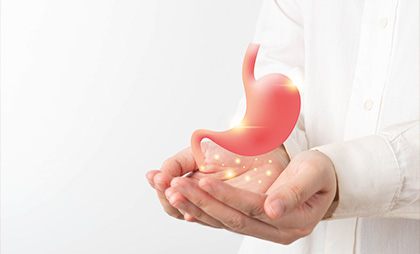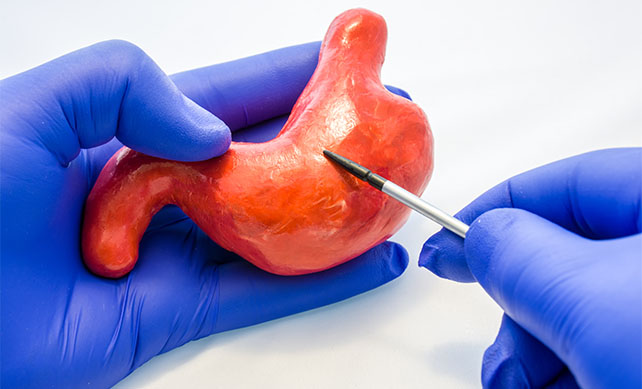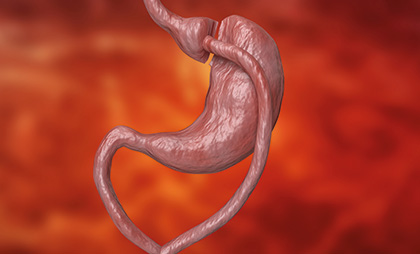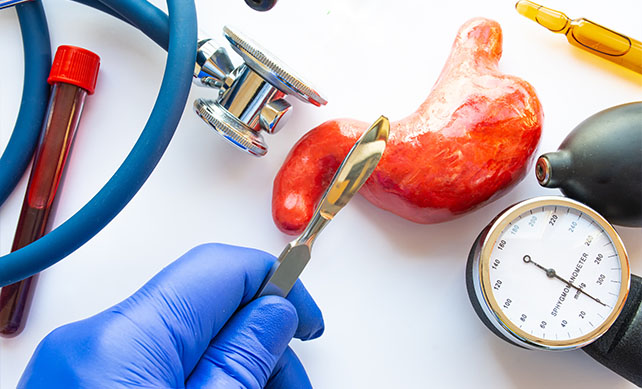What Is A Gastric Bypass Operation
Gastric Bypass Surgery, also known as Roux-en-Y gastric bypass, is a type of bariatric procedure often combined with sleeve gastrectomy. It’s a significant intervention for weight loss, capable of reducing excess weight by 55-70%. This surgery involves partitioning the upper portion of the stomach pouch and rerouting it directly to the small intestine, limiting food intake to the upper stomach area. Consequently, even small meals induce a sensation of fullness, mimicking a larger food intake. The surgery typically lasts between 2 to 4 hours.
To qualify for the procedure, patients must meet certain criteria, primarily having a Body Mass Index (BMI) of 35 or higher. Beyond addressing obesity, Gastric Bypass Surgery can effectively manage various conditions like sleep apnea, heart disease, high cholesterol, and hypertension, among others.
Following a Gastric Bypass procedure, where the stomach pouch receiving food is reduced in size, the absorption of calories and nutrients by your body decreases. Consequently, your surgeon may recommend specific vitamins and immune system support supplements. These supplements may be necessary for an extended duration post-surgery.




Candidates For Gastric Bypass Operation
Not everyone is suitable to undergo a Gastric Bypass operation. The patient must meet some conditions to be a candidate. The most important ones are:
- The individual desiring this procedure must weigh a minimum of 40 kg.
- The individual desiring this procedure must possess a BMI of 35 or higher.
- The individual desiring this procedure must be in good health without underlying conditions contributing to their excess weight.
- The individual desiring this procedure must not have any blood clotting disorders, as they could result in significant bleeding during the operation.
- The individual desiring this procedure must be free from serious and chronic ailments including heart conditions, type 2 diabetes, hypertension, elevated cholesterol levels, and immunodeficiency.
- The individual suffering from obesity and its associated health issues such as osteoporosis and cartilage degradation.
- The individual who has been unsuccessful in losing weight through diet and exercise.
The patient must be free from infections with specific viruses such as hepatitis C, anemia, and HIV.
Pre-Gastric Bypass Operation Tips
Before undergoing the Gastric Bypass Operation, the patient must undergo some procedures first, such as:
- Before proceeding with the Gastric Bypass Operation, the patient must undergo preliminary medical tests to ensure their health condition is suitable.
- Abstain from consuming food or beverages for a duration of eight hours prior to the Gastric Bypass Operation.
- Refrain from smoking for a minimum of two weeks to a month before the operation.
- Avoid any blood-thinning substances, such as green tea, leading up to the surgery.
- Eliminate all sources of caffeine, including Arabic coffee and tea, for a minimum of two weeks before the operation as they may interfere with anesthesia.
- Discontinue any medications that could potentially thin the blood for at least two weeks prior to the operation.
Stages Of Gastric Bypass
The Gastric Bypass Operation has three main stages:
- During the anesthesia phase, the patient receives general anesthesia to ensure they do not experience any pain throughout the procedure.
- In the sleeve gastrostomy phase, the physician creates a small pouch in the upper portion of the stomach, limiting its capacity to around 28 grams of food. This modification directs food directly to this smaller pouch, restricting the amount of food the patient can consume.
- In the gastric transformation phase, the physician establishes a direct connection between the upper portion of the stomach and the small intestine via a small opening. This facilitates the passage of food from the stomach to the small intestine.



Post-Gastric Bypass Operation Tips
Here are some essential guidelines and instructions for patients who have undergone gastrointestinal bypass surgery:
- Avoid eating immediately after the surgery. Initially, only fluids are allowed. Gradually progress to pureed foods, then soft foods, and finally solid complex foods.
- Ensure you take vitamin and mineral supplements, including iron, calcium, and vitamin B12.
- Avoid strenuous activity or lifting heavy objects for at least one month post-surgery.
- Refrain from smoking for a minimum of two weeks to a month after the gastric bypass operation.
- To sustain the benefits of the surgery and achieve long-term weight management, adhere to a balanced diet and engage in regular exercise.



